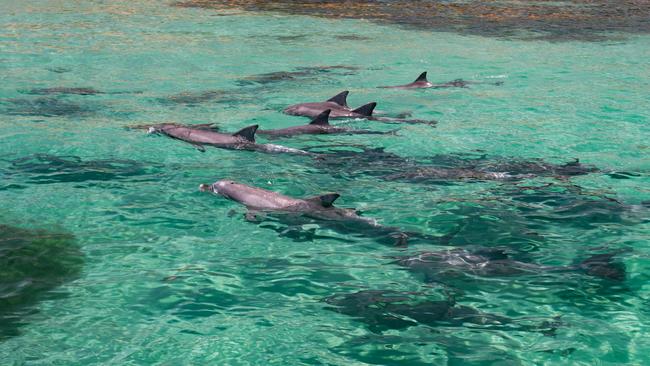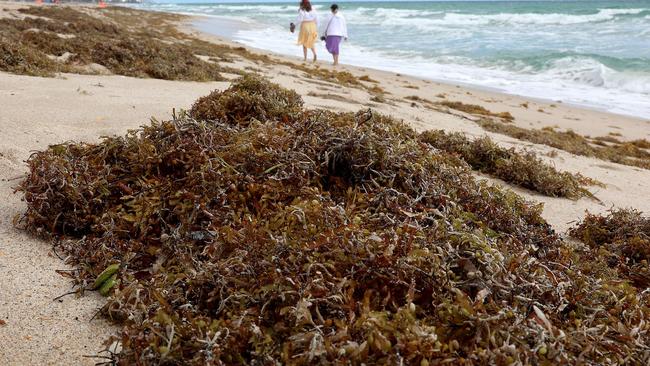Nature and biodiversity pressures growing on corporate Australia, says KPMG
Corporates will increasingly be held accountable for what they are doing to preserve nature, says KPMG’s chief as the company launches its second annual Nature Positive Challenge.

Companies will come under increasing pressure to be more accountable for what they were doing to preserve nature and biodiversity in their operations, the chief executive of consulting firm KPMG, Andrew Yates, says.
“There will be more disclosure requirements coming around nature and biodiversity,” Mr Yates said. “Companies need to think about how these issues will be included in their climate action plans.”
Mr Yates said the development of global organisations such as the Taskforce on Nature-related Financial Disclosures and moves such as the federal government’s Nature Repair Market legislation – which was introduced into parliament at the end of March – were signs that preserving nature was becoming an issue which corporate Australia would have to take more seriously.
Introducing the legislation, Federal Environment Minister Tanya Plibersek said it would “make it easier for people including landholders and First Nations people to invest in measures which help repair nature”.
Mr Yates was speaking as KPMG announced its second annual Nature Positive Challenge which is aimed at encouraging start-ups in the biodiversity industry.
The company is focusing this year on start-ups and initiatives in the area of the “blue economy”, such as those with ideas to protect marine life and biodiversity.
The challenge awards the winner a $100,000 prize.
The winner and four other start-ups will also be given consulting support from KPMG to develop their business, with an extra $50,000 to be given to the venture which receives the “People’s Choice” vote by KPMG staff.
Mr Yates said the Nature Positive Challenge “was an important part of the firm’s public commitment to understanding and improving our impact on nature and biodiversity”.
“When our economies, livelihoods and wellbeing depend on nature, we need to work in harmony with the environment as part of our business practice to ensure a sustainable future,” he said.
Mr Yates said last year’s challenge, which was won by a Perth-based start-up called ULUU – which is working on ways to replace the use of plastics in packaging with commercially grown seaweed – highlighted how many innovative Australian ventures were developing “impactful and disruptive solutions to complex and ongoing environmental problems”.

“These start ups have the potential to lead the way and we are thrilled to support them again this year,” he said.
The 2023 Nature Positive Challenge will expand its remit to look for start-ups in the South Pacific as well as Australia.
Mr Yates said it would seek ideas which encourage the sustainable use of oceans and marine resources to support economic growth and community prosperity.
These could include scaling blue carbon opportunities, reducing plastic pollution, protecting marine ecosystems and building climate resilience in coastal communities.
The biodiversity section could include ventures which accelerated the protection, preservation and regeneration of species as well as scaling biodiversity “carbon credit” infrastructure, restoring natural landscapes and supporting sustainable food systems.
The co-founders of ULUU, marine scientist Dr Julia Reisser and former mining executive Michael Kingsbury, said winning the prize last year had helped with their credibility in the market and introduced them to more potential customers and suppliers.
The company raised $8.6m in seed funding in November and planned to establish a plant in Indonesia next year using sustainably produced seaweed.




To join the conversation, please log in. Don't have an account? Register
Join the conversation, you are commenting as Logout